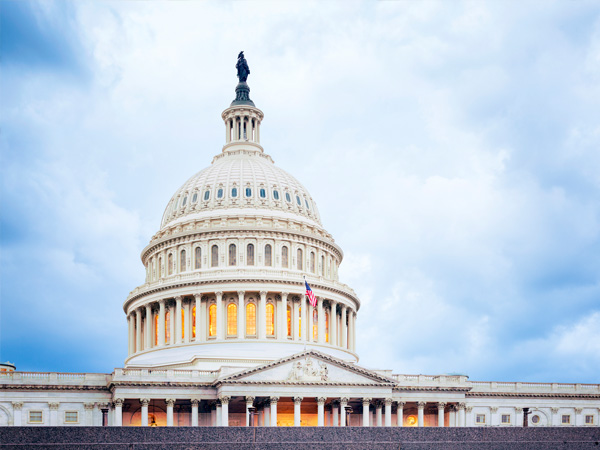Blog
How Innocent Mistakes in E-filing Can Trigger Penalties
How Innocent Mistakes in E-filing Can Trigger Penalties
By Philip Wolf and Steven L. Walker
Sometimes good is just not good enough. Relying on a return preparer to e-file your return is not enough to escape IRS penalties. In the recent case Lee v. U.S., the 11th Circuit barred a taxpayer (who was a surgeon) from applying a 2014 tax overpayment to taxes owed for 2015 and 2016.[1] The Court also allowed the IRS to assess the taxpayer over $70,000 in failure to file and failure to pay penalties.[2] The taxpayer had relied on a CPA to e-file his federal tax returns, but, in what may have been an unintentional mistake caused by software issues, the preparer failed to do so.[3] The fact that the preparer undertook to e-file the returns rather than mail them to the Service made no difference.[4] If the IRS is charging you penalties due to a mistake that a tax professional made, you should seek the advice of competent tax counsel.
- What happened in Lee?
In Lee, the taxpayer hired a CPA to file federal tax returns for tax years 2014-2016.[5] On each return the taxpayer disclosed roughly one million dollars in gross income and then showed six-figure overpayments, which the CPA applied to the estimated tax liabilities for the following year.[6] Every year, the taxpayer reviewed the returns, signed and signed a form authorizing the CPA to e-file them.[7]
Unfortunately, the tax returns did not get e-filed.[8] Because the IRS did not have the taxpayer’s correct address on file the first time the taxpayer interacted with the Service was when a federal agent visited his office in December 2018.[9] Eventually, the IRS assessed the taxpayer over $70,000 in penalties for failing to file the tax returns and barred the taxpayer from applying his 2014 overpayment of $288,409 to taxes owed for 2015 and 2016.[10]
The taxpayer argued that the penalties should be abated because the CPA’s unintentional oversight was “reasonable cause” for the taxpayer’s failure to file his federal returns.[11] The taxpayer also argued that Boyle v. Comm’r[12], (the seminal case on point which is adverse to taxpayers) did not apply to e-filed returns.[13]
The 11th Circuit affirmed the penalties. The panel reiterated that under Boyle and its progeny, Courts have long held that relying on a tax professional alone is not “reasonable cause” for failing to file a return.[14] Although the 11th Circuit acknowledged that the taxpayer had shown some diligence by reviewing the tax returns and signing them, these actions were not by themselves enough to prove “reasonable cause.”[15] In addition, the fact that the CPA promised to e-file the returns rather than snail mail them made no difference.[16] Either way, the penalty stood.
- Who is on the hook?
Lee shows that clients are responsible for making sure that their returns are filed (either e-filed or mail-filed). Clients should not simply assume that the return preparer actually filed the return. Intuitively, one would think that the IRS should forgive taxpayers who rely on actions that tax professionals undertake to perform. But, Lee demonstrates that Courts do not take this intuitive approach regarding physical or e-filed returns. Unfortunately, even the most innocent of mistakes can cause penalties. Because of this, it is important to make sure you ask for confirmation of e-filing or mail-filing.
[1] Lee v. U.S., 84 F.4th 1271, 1273 (2023). Philip Wolf, “Test Your Knowledge of 2023 Tax Developments”, TAX NOTES FEDERAL, JAN. 29, 2024, P. 841.
[2] Id., citing IRC § 6651(a).
[3] Lee at 1273. Philip Wolf, “Test Your Knowledge of 2023 Tax Developments”, TAX NOTES FEDERAL, JAN. 29, 2024, P. 841.
[4] Id.
[5] Id.
[6] Id.
[7] Id.
[8] Id.
[9] Id.
[10] Id. at 1274. TAX NOTES FEDERAL, JAN. 29, 2024, P. 841
[11] Id. See also IRC 6651(a).
[12] 469 U.S. 241 (1985).
[13] The taxpayer also argued that the IRS was wrong to assess him penalties because he timely paid the amounts shown on the returns. The 11th Circuit did not confront that argument, noting that the taxpayer had waived the argument.
[14] Lee at 1273. See also, e.g. Boyle, at 248, 252.
[15] Lee at 1279.
[16] Id. at 1273.
